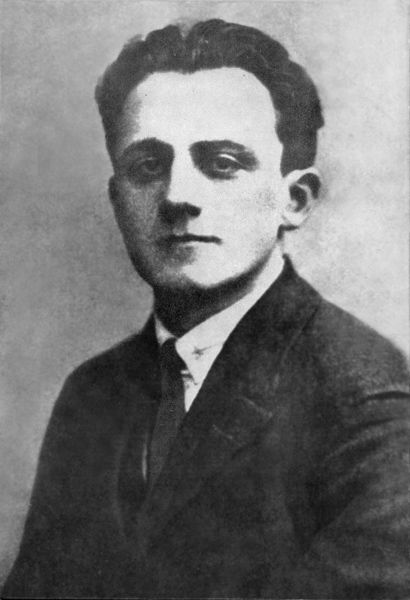On 18 September 1946, two canisters containing thousands of documents were found in a cache at the site of what had been the Warsaw Ghetto during the Nazi occupation. It was discovered to be the Ringelblum Archive, a collection of documents from World War II, collected and preserved by the underground group “Oneg Shabbat”, headed by Jewish historian Dr. Emmanuel Ringelblum.
The group included historians, writers, rabbis and social workers. They documented life in the ghetto, recording the testimonies and accounts of dozens of volunteers of all ages. The material consisted of essays, diaries, drawings and wall posters describing the situation in the ghetto. The group was at first going to write a book, but the Warsaw Ghetto was closed on 16 November 1940, and Jews were shipped off to the Treblinka extermination camp. Very few survived (only three from Oneg Shabbat). Emmanuel Ringelblum himself managed to escape from the ghetto but would return several times to add material to his archive. In 1944, he and his family were identified and executed along with a Polish family who had sheltered them.
Ringelblum kept the archives in three milk cans and ten metal crates buried in three hidden caches. The cases were discovered on 1 December 1950. The third hidden cache was allegedly placed under the current Chinese embassy in Poland. In 2005, with the permission of the Chinese side, a site investigation was carried out but the documents were not discovered.
By the turn of the 21st century, some 6,000 documents (around 35,000 pages) from Ringelblum's archive would be recovered. They were deposited at the Jewish Historical Institute in Warsaw. In 2009, the United States Holocaust Memorial Museum and the Jewish Historical Institute in Warsaw published a catalogue of the Ringelblum Archive in book form. The archive was also made available to researchers in digital format.
Source: Archiwum Ringelbluma. Dzień po dniu Zagłady. Wybór i opracowanie: Marta Markowska Ośrodek Karta, Dom Spotkań z Historią, Żydowski Instytut Historyczny, Warszawa 2008
























